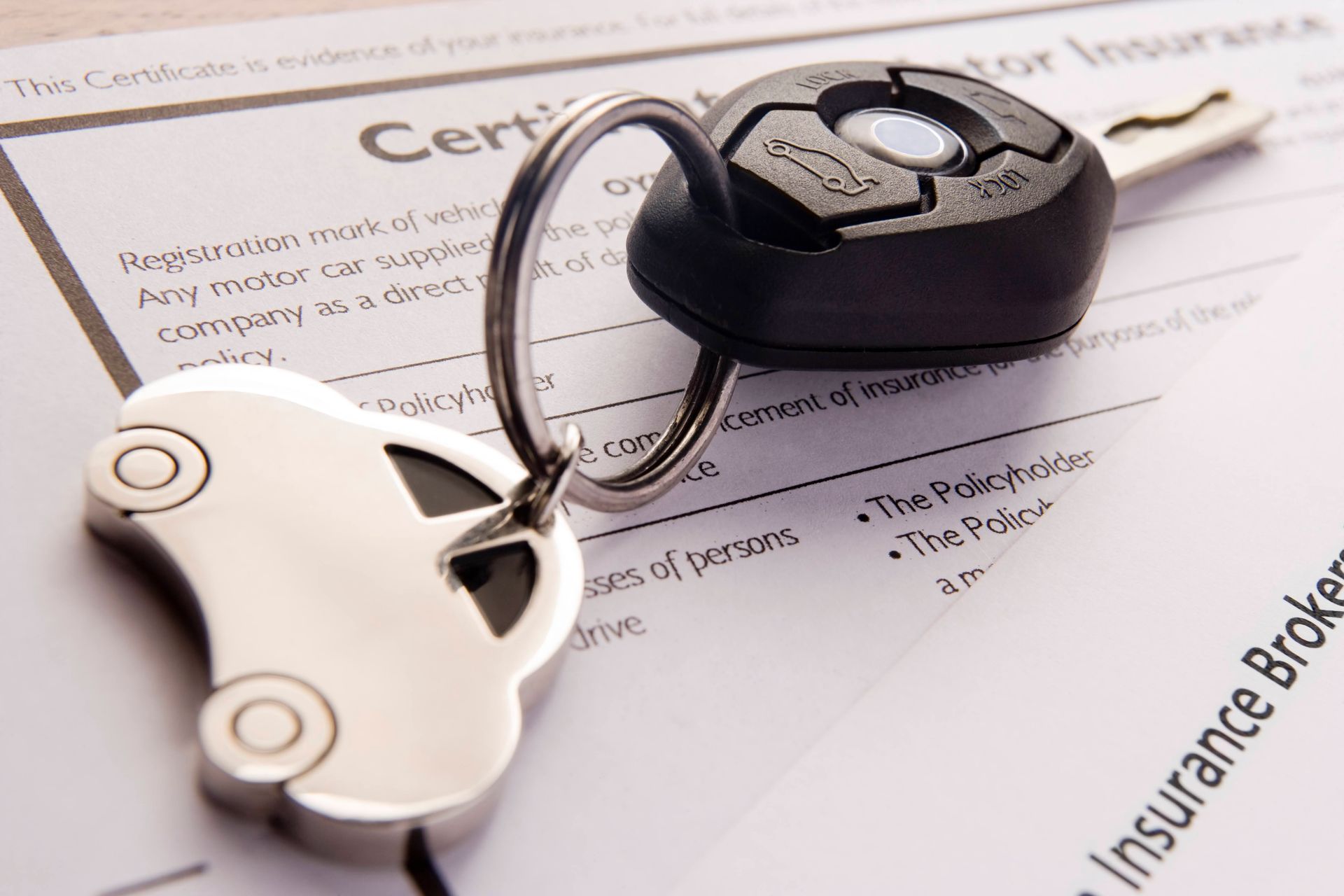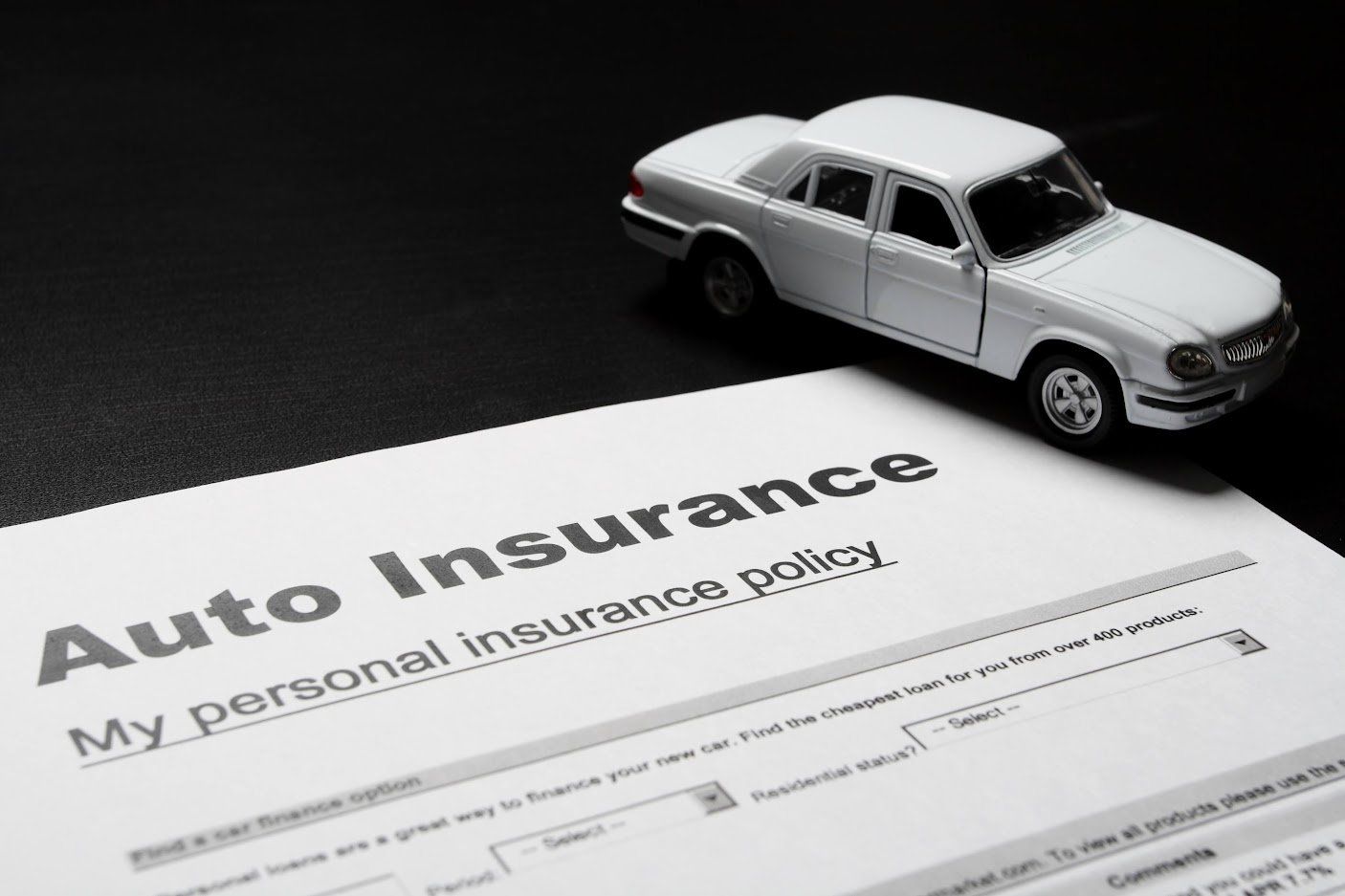4 Reasons to Review Your Homeowners Insurance Every Few Years

Many homeowners take out a homeowner's insurance policy, set it up to pay through their escrow account, tuck the policy in their safety deposit box, and then forget about it. Before long, they realize they have had the same insurance policy for years. Unfortunately, this is not the best approach.
While your insurance company probably appreciates your loyalty, your policy may not meet your current needs. You should review your insurance coverage at least every couple of years. Discover a few reasons why.
1. Your Policy Could Cost You Extra Money
Do you know that many homeowners overpay for their homeowners' insurance? While this affects people of every age, seniors over 63 are more susceptible. Overpayment is often due to them not checking their policies and annual increases over the years.
Even if you have not filed a claim against your homeowners' insurance, you have a possibility of your policy increasing each year. Between 2013 and 2018, the cost of homeowner policy premiums increased between 2–42% . The amount of increase is dependent on the type of policy you have.
In addition to the annual cost of living increases, some companies also charge across-the-board increases when they have had high payout years. Across-the-board increases usually follow some weather-related perils or natural disasters, such as hurricanes, tornadoes, or wildfires. Your policy increases even if you did not submit a claim for any damages.
2. Your Coverage Has Changed
Most insurance policy has a list of standard exclusions or things your policy will not insure. Some examples of these include:
- Routine maintenance issues
- Mechanical breakdowns
- Termite damage
- Mold and mildew
- Earthquakes
- Sinkholes
Over time, exclusions may change. Your policy may not cover things it has covered in the past due to the increased risk they present to the insurance company. If an exclusion prevents you from having the level of coverage you need, you need to shop for another policy.
3. Your Credit Score Has Increased
If your credit score has increased since you last purchased your homeowners' policy, you may be eligible for a lower rate. Many insurance companies now use credit-based insurance scores during their underwriting process to determine your insurance rates.
A credit-based score is not the same as your overall credit score. Credit-based scores look at areas designed to determine best how you manage risk. Some of these factors include:
- Past payment history
- Current outstanding debt
- Credit history length
- Recent applications for new credit
- Credit mix
Although credit-based scores are only one factor for underwriting, they can have a significant impact. Credit-based insurance scores calculate your predicted risk of loss. The lower your credit score is, the higher risk you present to the insurance company.
The higher risk you present, the higher your premiums are for your policies. Increased credit scores reflect a lower risk and may qualify you for a lower rate on your insurance.
4. Your Carrier May Be Willing to Reward You With a Discount
Prospecting, advertising, and promotional materials your insurance company invests in are costly. This is the cost they pay to attract and obtain a customer.
Customer retention is far less expensive. Most companies do not offer a loyalty discount upfront, but if they know you are willing to shop for a new policy, they may be willing to provide you with one.
If you have not re-shopped your homeowners' insurance in the last couple of years, call Clover Insurance Agency . We will provide you with expert advice, quotes from multiple insurance providers, and an impartial recommendation using our cutting-edge technology. Give us a call today for your complimentary review. We look forward to helping you.














